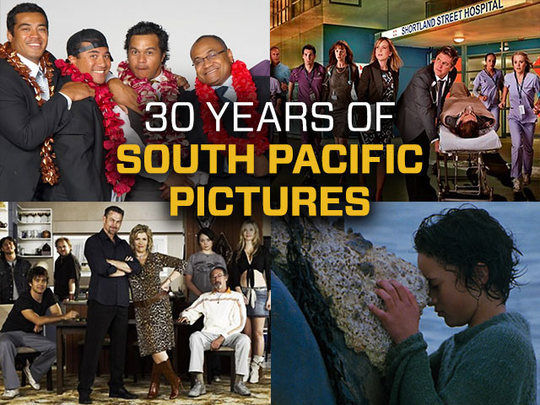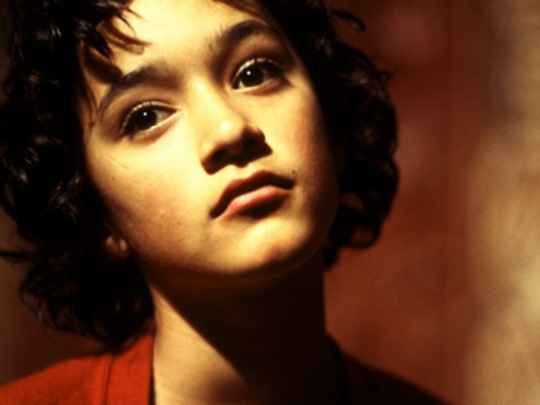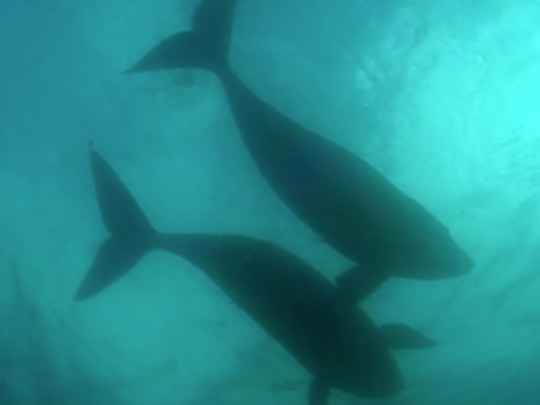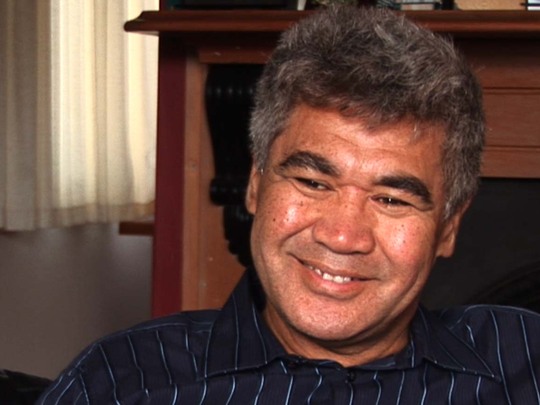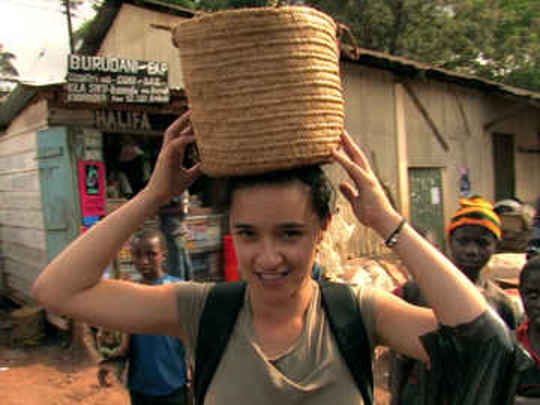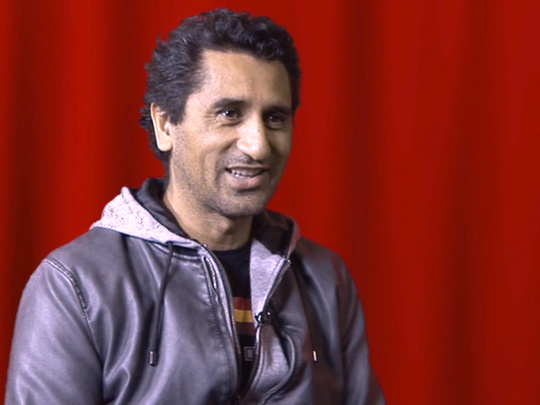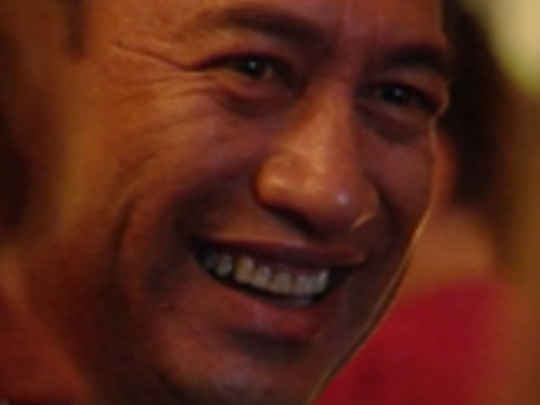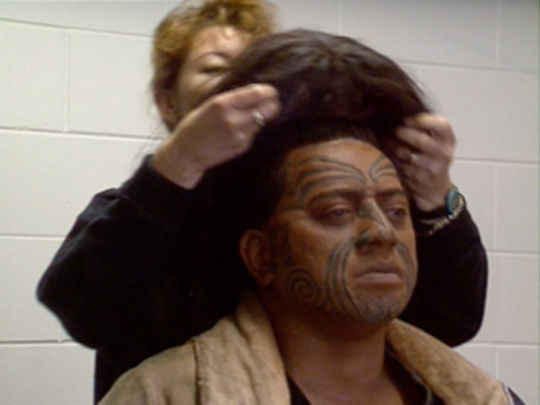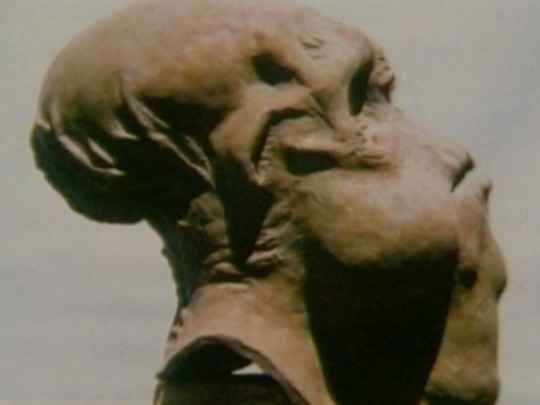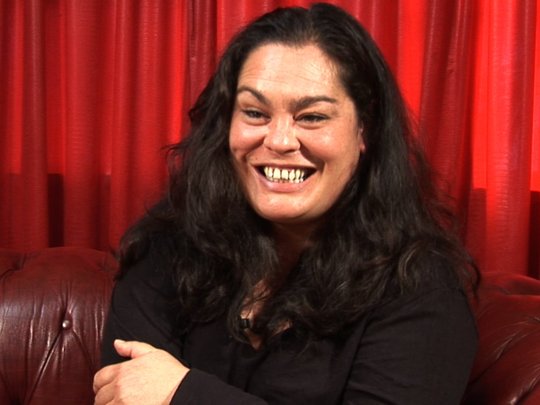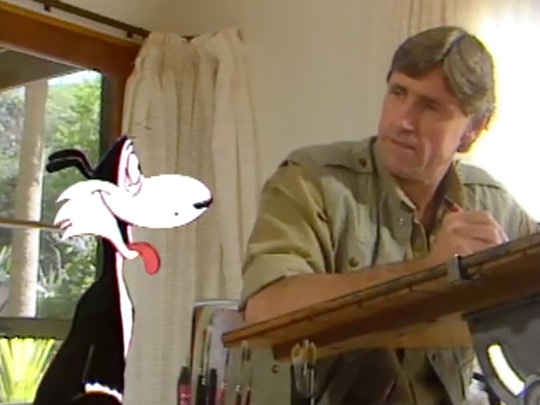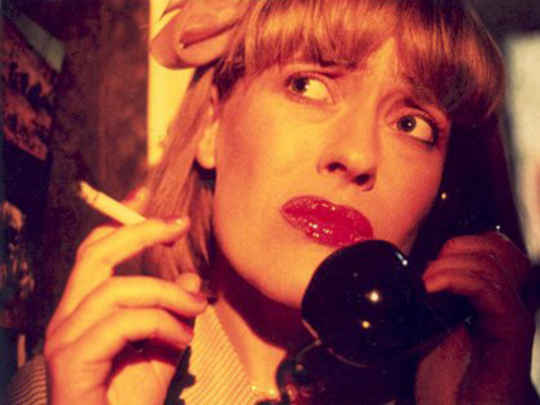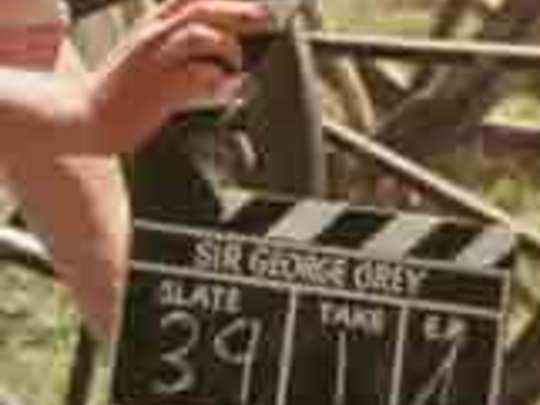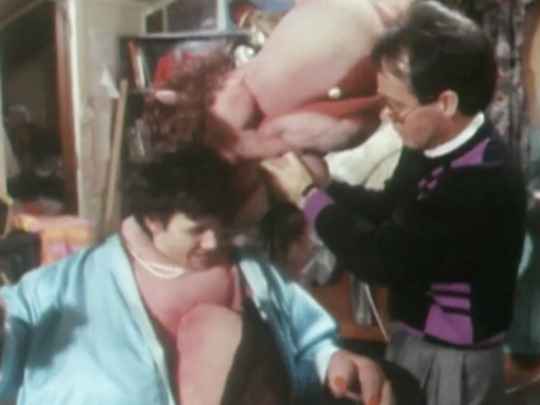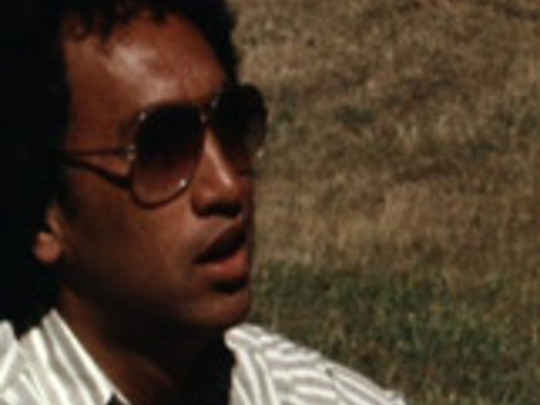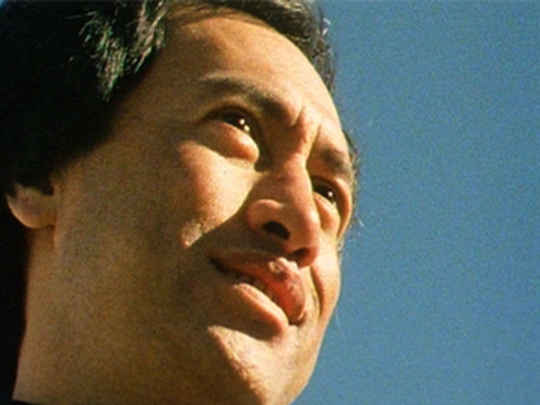Behind the Scenes of Whale Rider
Television (Full Length) – 2003
If we didn’t have a Paikea, we didn’t have a film. A few people could play Koro, a few people could play Porourangi, a few people could play Rawiri. But boy we really needed just one person to play that girl, and that wasn’t an easy find.
– Actor Rawiri Paratene (who plays Koro) on the casting of Keisha Castle-Hughes
I was just sitting in my classroom . . . all of a sudden Di [Rowan]came up to me and started asking me questions like um could I swim, and could I smile underwater, could I open my eyes, and stuff like that. And we didn't have a clue. I was just like “yeah”, and she goes “meet me in the office in 10 minutes” and I said “okay”.
– Actor Keisha Castle-Hughes recalls her mysterious meeting with casting director Diana Rowan
I was very attracted to Witi Ihimaera's book of The Whale Rider, profoundly moved by it, and I think right from that moment I had the sense that if handled correctly, this could be a really special film.
– Whale Rider writer/director Niki Caro at the start of this documentary
...when I had to ride a whale’s back we were 15, 20 miles offshore. And the boat was pulling the whale under and I had to go under, and I remember the pressure would just pull you back like you were 400k's in a car, and then the car just comes to a full stop.
– Actor Keisha Castle-Hughes, who played Paikea, discusses making one of the film's most memorable scenes
I believe that the debate of “Who should tell indigenous stories?” is very important. It’s something that should be talked about. I’m totally up for that and if my work can be part of that debate, I’m thrilled . . . I was not prepared to make this unless it was made completely collaboratively, with the Maori community. All my work was looked at very carefully by the elders of the community and blessed before we started work. I had a Maori advisor from the tribe with me at all times. And I think they felt very satisfied that the film, their film, was in the hands of a filmmaker, somebody who could actually get it up on the screen. Somebody who was absolutely there to serve their story.
– Director Niki Caro in an interview with American website IndieWire, 6 June 2003
I had never worked with children before and it suits me. I like how direct they are. I like the economy of language that you need to have when working with kids. You have to be very clear with them. The film I made before was about a Japanese couple and I worked with actors whose first language was Japanese. And that’s where I started to learn a directing process that works for me, which is getting an economy of words that someone who isn’t as agile in the language can understand. Working with children is very similar.
– Director Niki Caro in an interview with American website IndieWire, 6 June 2003
I always say that he is one of the most honest characters I've ever encountered. He is absolutely true to his tikanga — to his understanding of Māori culture and customs. But with that integrity comes a stubbornness and a pride and that's what trips him up.
– Actor Rawiri Paratene describes his character of Koro, IndieLondon website
When we finished the film we gifted the waka to Whangara because for a long time they were building a canoe there and for all sorts of reasons it didn’t happen. It’s a living memory of what we were doing there, what their story is and how they participated.
– Producer John Barnett on the 18 metre long waka built for the film, in the Whale Rider press kit
This novel was set in Whangara and it would almost have been heresy to shoot anywhere else. There are physical things that are described in the book — the sweep of the bay, the island that looks like a whale, the meeting houses, and of course, the people whose legend we were telling. If we’d gone somewhere else and tried to manufacture the surroundings and the ambience, then I think it would have been noticeable in the picture.”
– Producer John Barnett in the Whale Rider press kit

